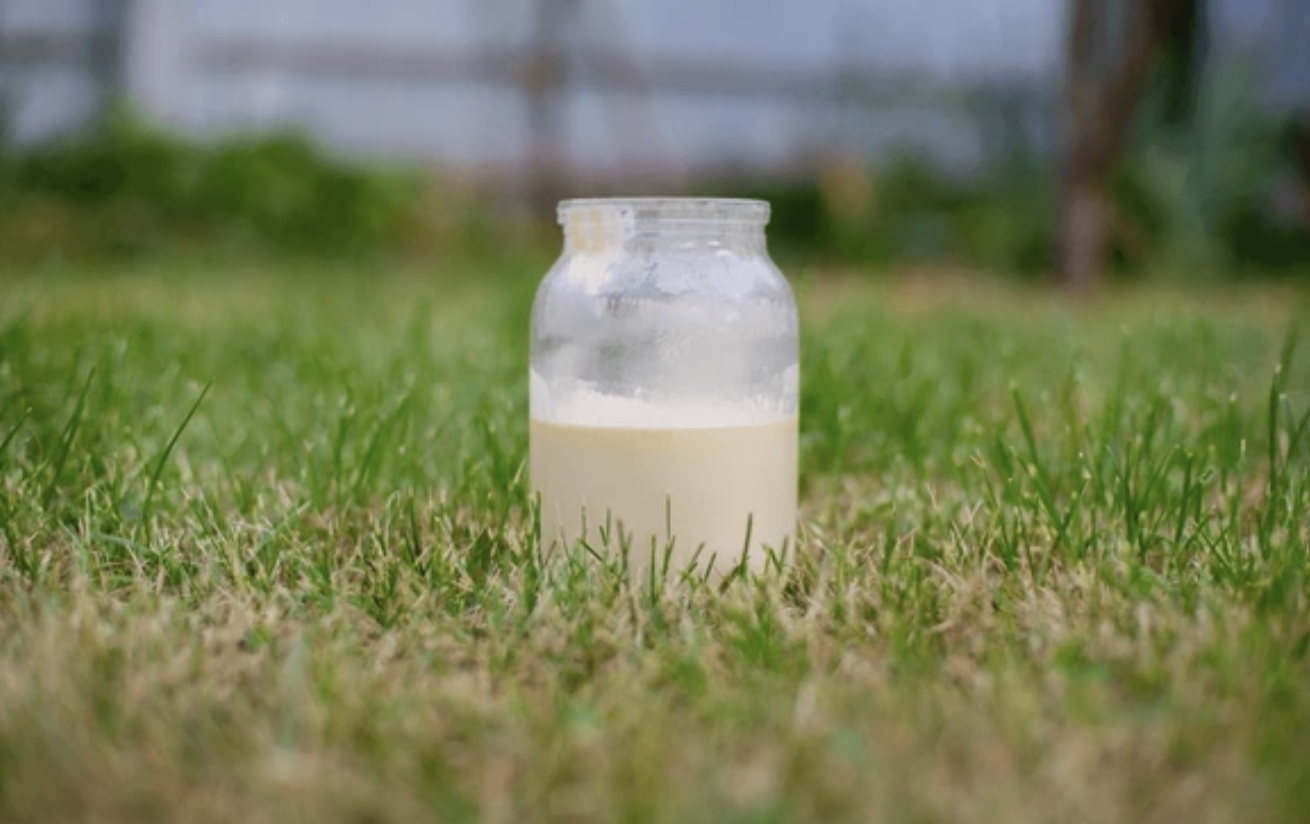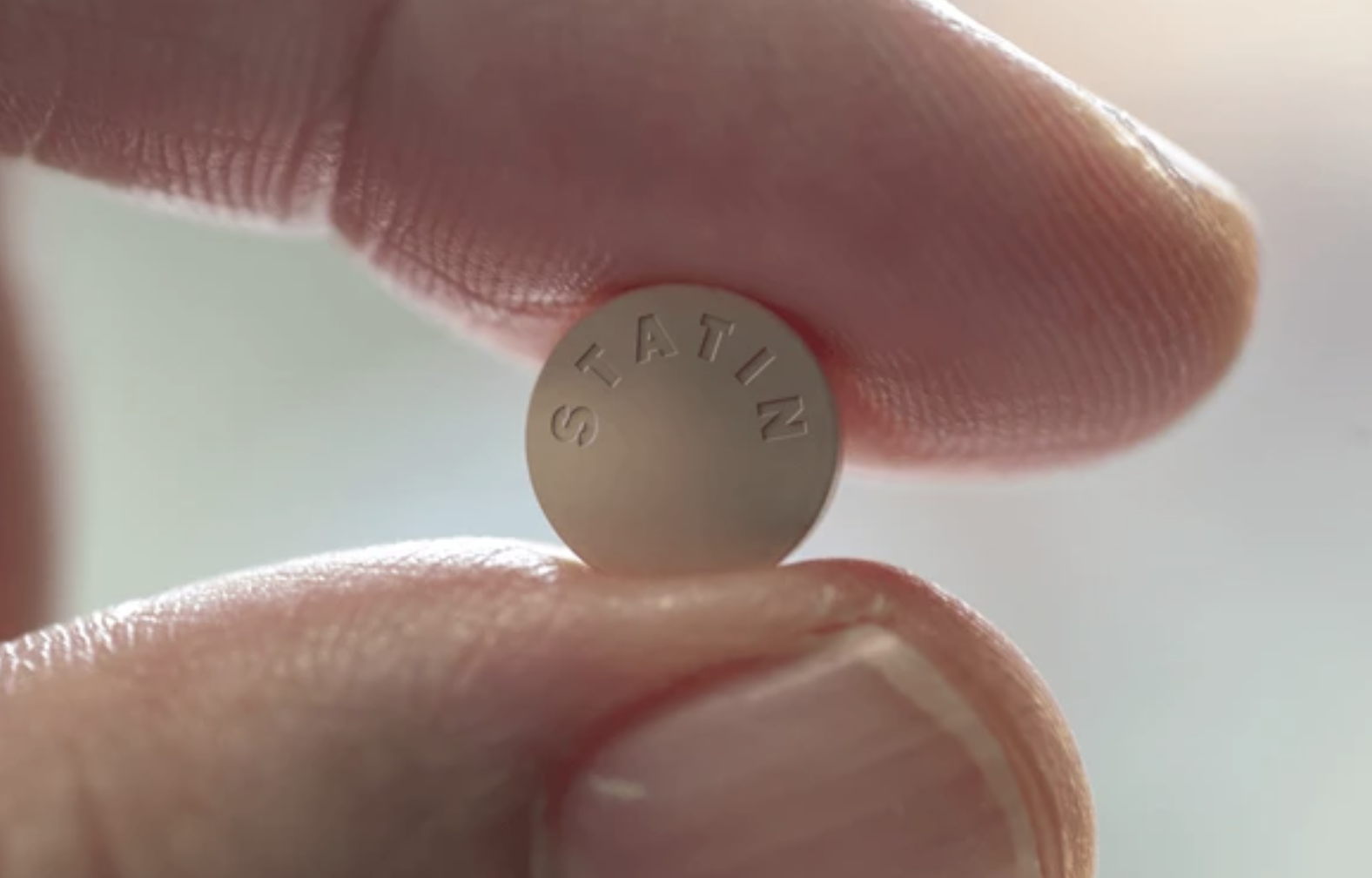🔍 Introduction
Benign Prostatic Hyperplasia (BPH) — or prostate enlargement — is one of the most common health concerns for men as they age. Meanwhile, diabetes, especially type 2, has become increasingly prevalent around the world. What many men don’t realize is that these two conditions are closely connected.
Understanding how diabetes affects your prostate can help you take proactive steps to protect both your urinary and metabolic health.
⚙️ How Diabetes Affects the Prostate
Several studies have shown that men with type 2 diabetes are more likely to develop BPH, and their urinary symptoms often tend to be more severe. The relationship stems from how diabetes alters the body’s hormones, blood vessels, and nervous system.
Here’s how it happens:
1. Insulin and Growth Factors
When the body becomes resistant to insulin (a hallmark of type 2 diabetes), it compensates by producing more.
High insulin levels increase the production of insulin-like growth factor (IGF-1), which stimulates cell growth — including in the prostate. Over time, this can lead to prostate enlargement.
2. Chronic Inflammation
Diabetes promotes low-grade inflammation throughout the body. The prostate, being hormone-sensitive and vascular, is especially vulnerable.
This ongoing inflammation may contribute to the gradual buildup of excess prostate tissue and worsen urinary symptoms.
3. Nerve and Bladder Dysfunction
Diabetic neuropathy (nerve damage from high blood sugar) can affect bladder control, causing incomplete emptying or weak flow.
The bladder must work harder, increasing pressure on the prostate and worsening urinary difficulties.
4. Hormonal Changes
Men with diabetes often have lower testosterone and higher estrogen levels — a hormonal imbalance that can also encourage prostate tissue growth.
🚽 Common Symptoms of BPH in Diabetic Men
Because diabetes can mimic or worsen urinary issues, symptoms may overlap. Watch for:
-
Frequent urination, especially at night (nocturia)
-
Difficulty starting urination
-
Weak or interrupted urine stream
-
Feeling that the bladder doesn’t empty fully
-
Sudden or urgent need to urinate
If you notice these signs, talk to your doctor — it’s important to distinguish whether the cause is BPH, diabetic bladder dysfunction, or both.
🥦 Foods and Habits That Protect the Prostate (and Support Blood Sugar)
The good news? What’s good for your blood sugar is often good for your prostate. Here are practical diet and lifestyle tips to support both:
🫐 1. Eat Anti-Inflammatory Foods
Reduce oxidative stress and inflammation with:
-
Colorful vegetables (broccoli, spinach, kale, tomatoes, bell peppers)
-
Berries (blueberries, raspberries, strawberries)
-
Omega-3 fats (salmon, sardines, flaxseeds, walnuts)
These foods contain antioxidants and phytonutrients that help lower inflammation and may slow prostate growth.
🌰 2. Add Prostate-Friendly Nutrients
-
Zinc: Found in pumpkin seeds, chickpeas, and cashews; supports prostate tissue repair.
-
Lycopene: A potent antioxidant in cooked tomatoes, watermelon, and pink grapefruit; may reduce prostate enlargement.
-
Selenium: Found in Brazil nuts and whole grains; protects against oxidative stress.
-
Green tea: Contains catechins that improve metabolic health and may inhibit prostate tissue overgrowth.
🚫 3. Limit Foods That Worsen Both Conditions
Avoid or minimize:
-
Processed meats and fried foods (increase inflammation)
-
Sugary drinks and refined carbs (worsen insulin resistance)
-
Excess alcohol and caffeine (irritate the bladder and prostate)
🏃♂️ 4. Stay Active
Regular exercise:
-
Improves insulin sensitivity
-
Reduces abdominal fat (a risk factor for both BPH and diabetes)
-
Enhances circulation and hormone balance
Aim for at least 150 minutes per week of moderate activity, such as brisk walking, cycling, or swimming.
💧 5. Manage Hydration Wisely
Drink enough water, but avoid large amounts close to bedtime to reduce nighttime urination.
🩸 6. Control Blood Sugar Consistently
The best way to protect your prostate (and your whole body) is to keep your blood sugar stable.
Stable glucose reduces inflammation, nerve damage, and hormone imbalance — the main culprits behind BPH progression.
🍽️ Sample 1-Day Prostate-Protective Meal Plan for Diabetics
Here’s a balanced, nutrient-rich plan that supports blood sugar control and prostate health.
🌅 Breakfast
Oatmeal with Berries and Flaxseeds
-
½ cup rolled oats cooked in unsweetened almond milk
-
½ cup mixed berries (blueberries, raspberries)
-
1 tablespoon ground flaxseeds
-
Sprinkle of cinnamon for blood sugar control
Drink: Green tea (rich in catechins and antioxidants)
🥗 Lunch
Grilled Salmon Salad
-
4–5 oz grilled wild salmon (omega-3 fats for anti-inflammatory support)
-
Mixed greens (spinach, arugula, kale)
-
Sliced tomato and avocado
-
1 tablespoon olive oil + lemon juice dressing
-
1 small whole-grain pita
Optional: A few pumpkin seeds sprinkled on top for extra zinc.
🍎 Snack
-
1 small apple
-
10–12 raw almonds
Provides fiber, healthy fats, and stable energy between meals.
🍲 Dinner
Turkey and Vegetable Stir-Fry
-
Lean ground turkey sautéed with garlic, broccoli, bell peppers, and zucchini
-
Season with turmeric, ginger, and a splash of low-sodium soy sauce
-
Serve over ½ cup of quinoa or brown rice
Drink: Water infused with cucumber or lemon slices
🌙 Evening Snack (optional)
-
A small bowl of plain Greek yogurt with a few slices of tomato or cherry tomatoes (for lycopene and probiotics)
💬 Final Thoughts
Diabetes and BPH share a web of biological connections — from hormonal shifts to inflammation and nerve damage. The good news is that small, consistent lifestyle changes can make a big difference.
By managing blood sugar, eating nutrient-rich foods, and staying active, you can protect both your prostate and your long-term health — one smart choice at a time.
Disclaimer:
This content is for informational and educational purposes only. It is not intended to provide medical advice or to take the place of such advice or treatment from a personal physician. All readers/viewers of this content are advised to consult their doctors or qualified health professionals regarding specific health questions. Neither Abraham Parker, nor the publisher of this content takes responsibility for possible health consequences of any person or persons reading or following the information in this educational content. All viewers of this content, especially those taking prescription or over-the-counter medications, should consult their physicians before beginning any nutrition, supplement or lifestyle program.



